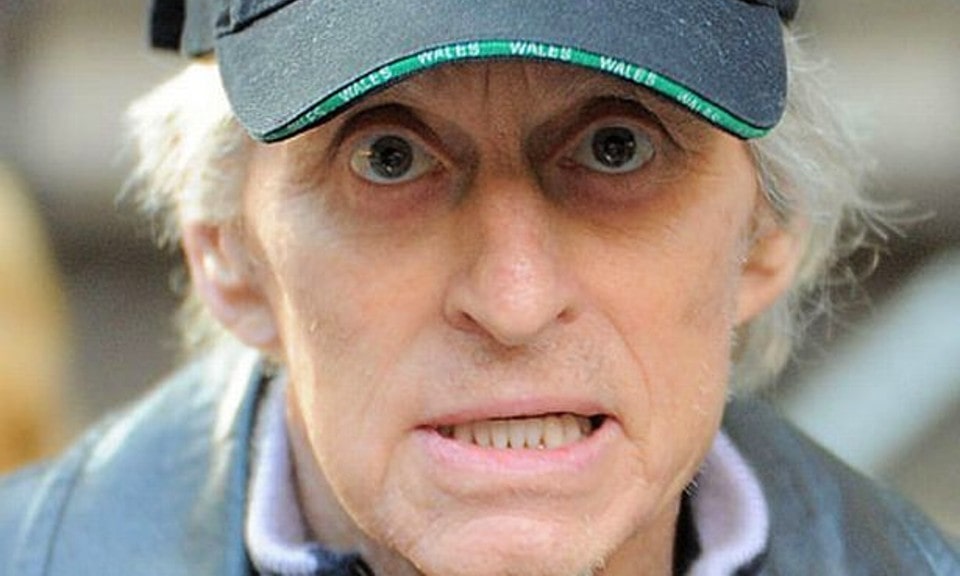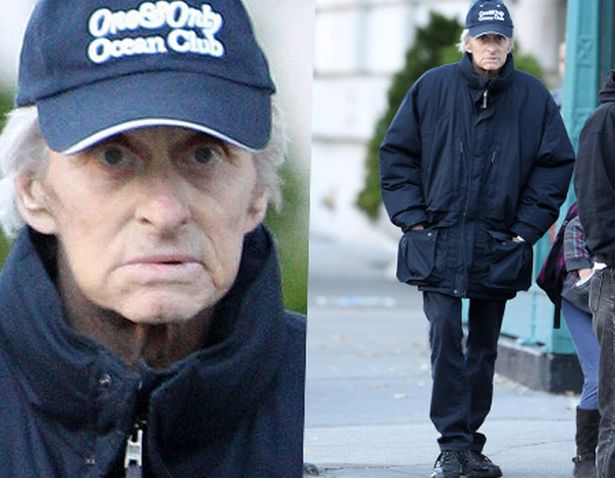For his work as an actor and producer, Michael Douglas has won numerous awards. The actor has achieved international fame in the same vein as his father, Kirk Douglas. But when the star received a fatal illness diagnosis, his entire world was thrown upside down.
The BAFTA-winning actor originally entered the entertainment business in the late 1960s and went on to experience enormous success with the movie adaptation of the novel One Flew Over the Cuckoo’s Nest.
He also made news with his marriage to actress Catherine Zeta Jones. Douglas, however, had a difficult struggle with what he initially claimed was throat cancer, far from his busy work schedule and the glamorous lifestyle of Hollywood.

Despite the severity of his condition, the celebrity said in a candid interview with People about his health struggles that he never believed he would pass away.
It’s odd, I know, but I never gave thought to dying over the entire course of chemotherapy and radiation, he added.
He said, “My mother passed away at the age of 92. “My father just just turned 102 years old. I’ve never given death or aging much thought.
Despite the severity of his condition, the celebrity said in a candid interview with People about his health struggles that he never believed he would pass away.
It’s odd, I know, but I never gave thought to dying over the entire course of chemotherapy and radiation, he added.
He said, “My mother passed away at the age of 92. “My father just just turned 102 years old. I’ve never given death or aging much thought.
Speaking to fellow actor Samuel L Jackson, Douglas continued by stating that it was his surgeon’s recommendation that he issue a statement confirming that he has throat cancer, but added that if he had required surgery, his acting career might have come to an end.
The outcome won’t be appealing. The surgeon warned Douglas that he might lose some of his tongue and jaw.
Two years after his recovery, Douglas gave a stunning interview to the Guardian in which he provided additional insight into his battle with cancer, particularly the reason.
He claimed to the newspaper that oral intercourse was the “cause” of the tongue cancer because the sexually transmitted illness HPV (human papillomavirus) also causes cancer.
Despite his candor in the interview, the star was forced to explain what he meant as his remarks triggered a public outpouring of anger.

Later, Douglas’ representative told American news organization CNN that the actor did not attribute his cancer completely to HPV because he also smoked and drank. An official statement read:
“Michael Douglas did not claim that consuming cunnilingus caused his cancer. Although experts in the story mention that oral intercourse is thought to contribute to some mouth cancers, he did not specifically claim that his own disease was brought on by oral sex.
Douglas was quickly diagnosed with stage 4 cancer after a “walnut-sized tumor” was discovered near the base of his tongue. He then started an intense eight-week course of chemotherapy and radiation.

“What a bumpy ride. That can really wear you out,” he said, according to the Guardian.
“Plus, all the good stuff is zapped by the amount of chemotherapy I was receiving. It made me incredibly weak.
Only 50% of those who are diagnosed with oral cancer survive five years after their diagnosis, according to the Centre for Disease Control and Prevention. The most frequent reason of this is a delayed diagnosis.
According to Cancer Research UK, it’s crucial to recognize the warning signs and symptoms of tongue cancer because it can develop on both the oral tongue, or the bit that sticks out, and the base of the tongue.
The following are examples of tongue cancer symptoms:
a persistent red or white spot on the tongue
persistent throat discomfort
A lump or uncomfortable place on the tongue that won’t go away
difficulty swallowing
mouth numbness that won’t go away
Unaccounted-for bleeding from the tongue (not due to tongue-biting or other trauma)
There is ear pain.
Douglas is correct when he says that HPV can affect the mouth and throat, possibly leading to oropharyngeal malignancies (cancers of the tonsils and base of the tongue). However, it normally takes years for someone to get cancer after contracting HPV, and other risk factors like smoking or chewing tobacco also play a big part in the development of the disease.
The three major forms of treatment for tongue cancer are chemotherapy, radiation, and surgery, either in combination or separately. The extent of a person’s cancer and whether it has spread determine the course of treatment. The damaged area of the tongue must also be considered.
Douglas had advanced cancer, which is characterized by tumors that have spread to other organs or lymph nodes or that are more than 4 cm in diameter. The most typical therapies at this point include:
Your throat and neck will get chemoradiotherapy, a combination of chemotherapy and radiotherapy
Following surgery to remove some of the lymph nodes in your neck and a portion of your throat (including all or part of your tongue), you may receive radiotherapy or chemoradiotherapy.
alone radiotherapy.




